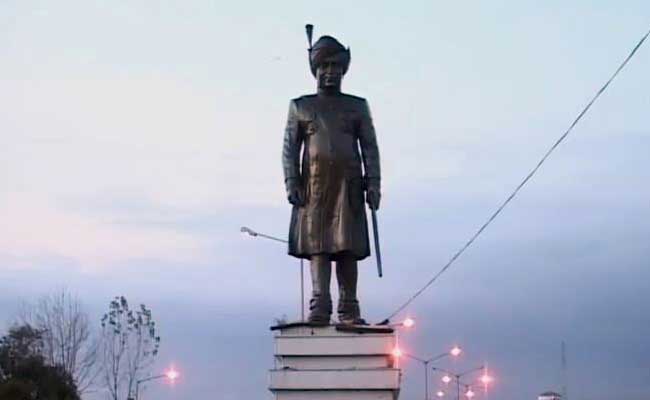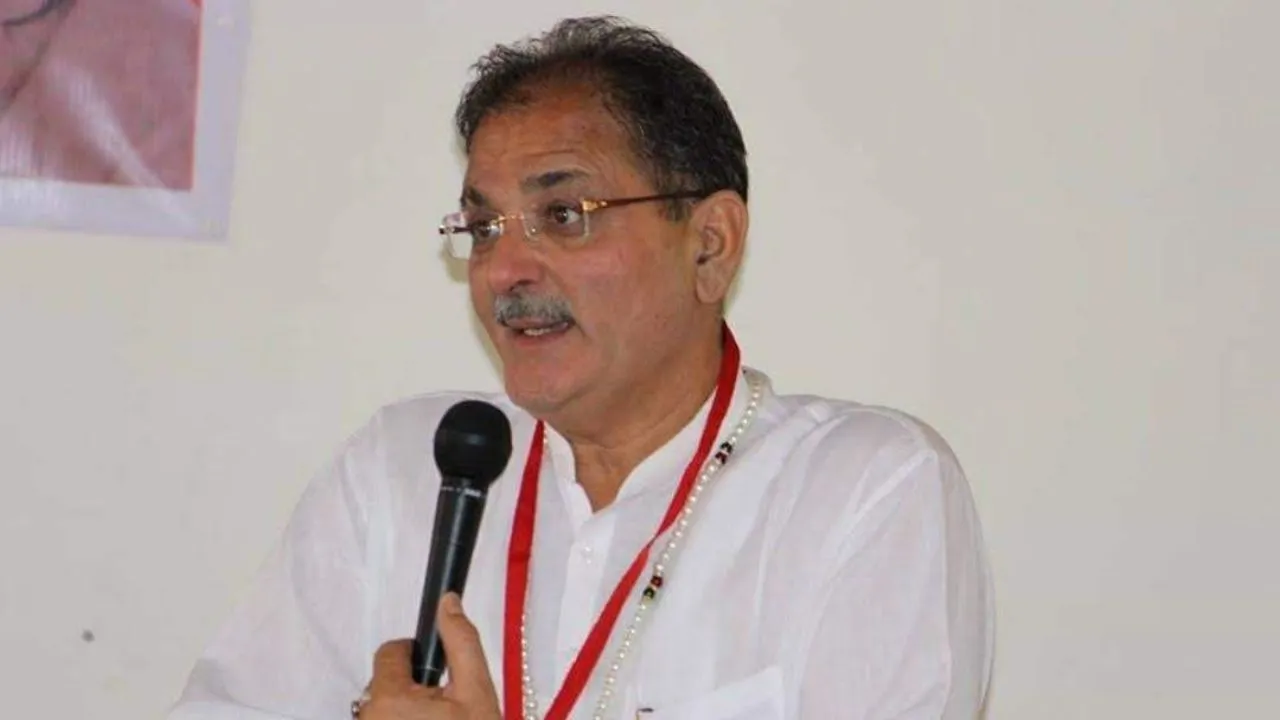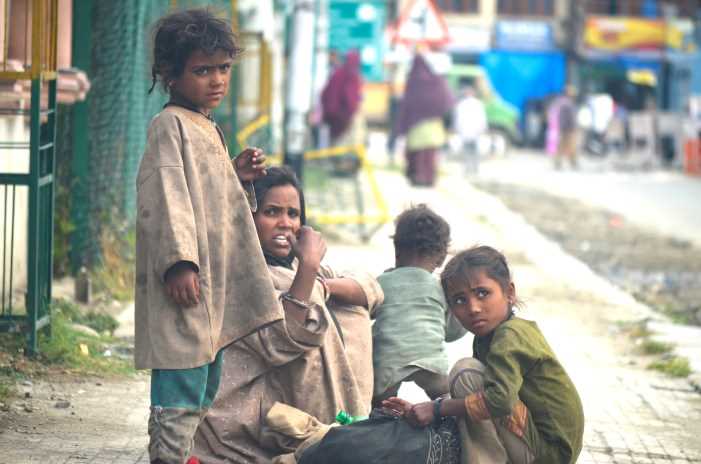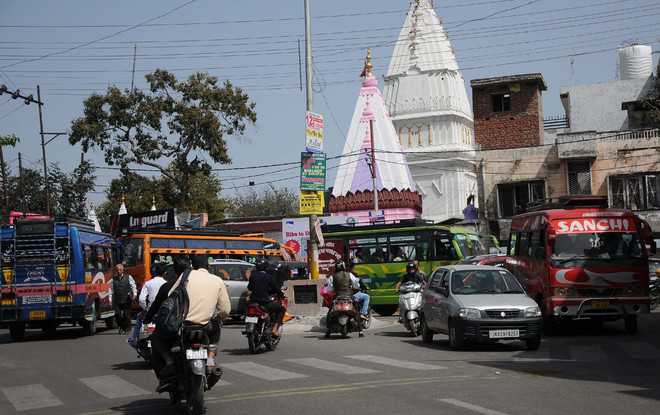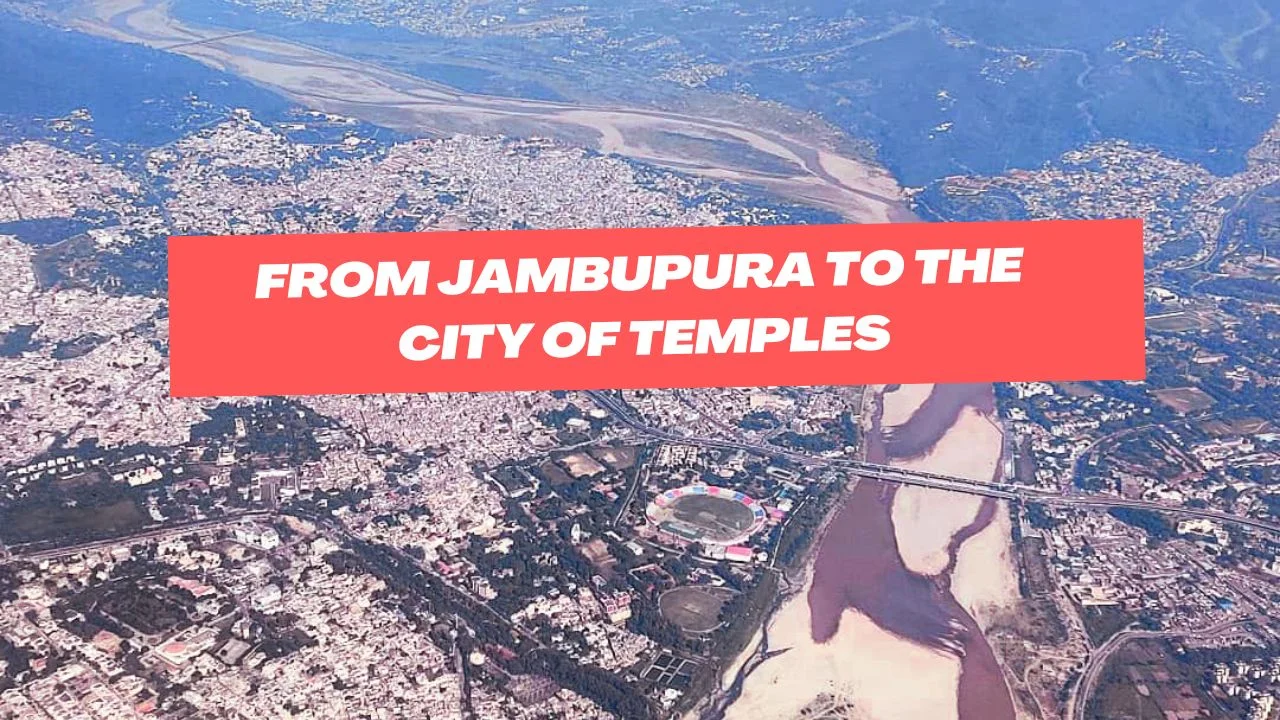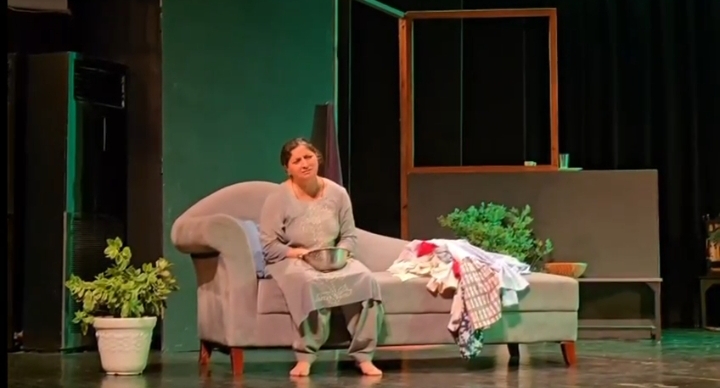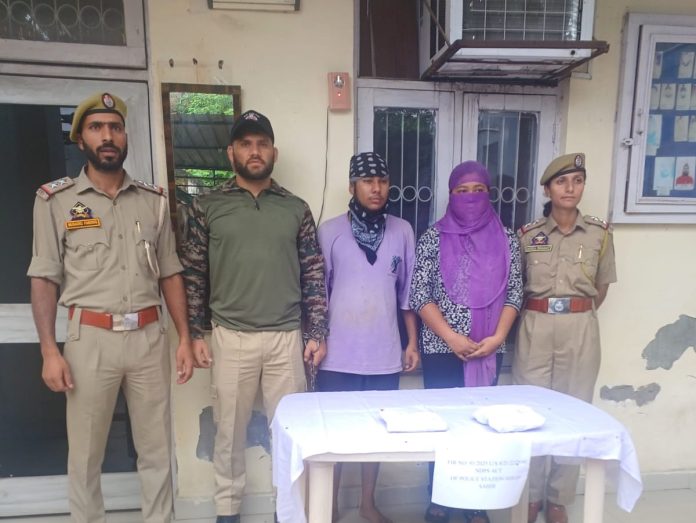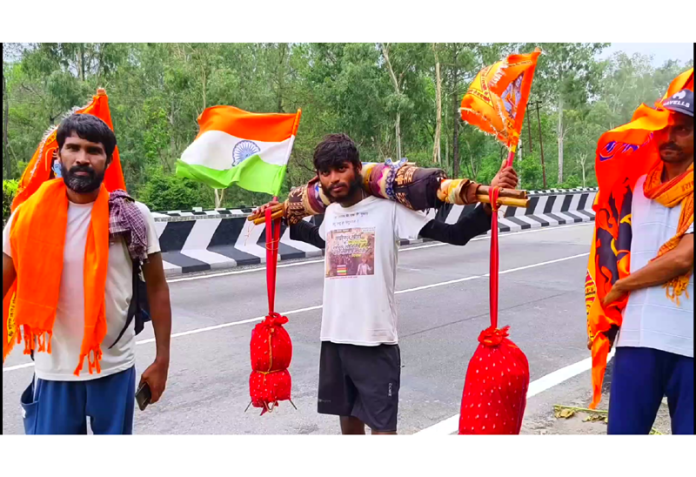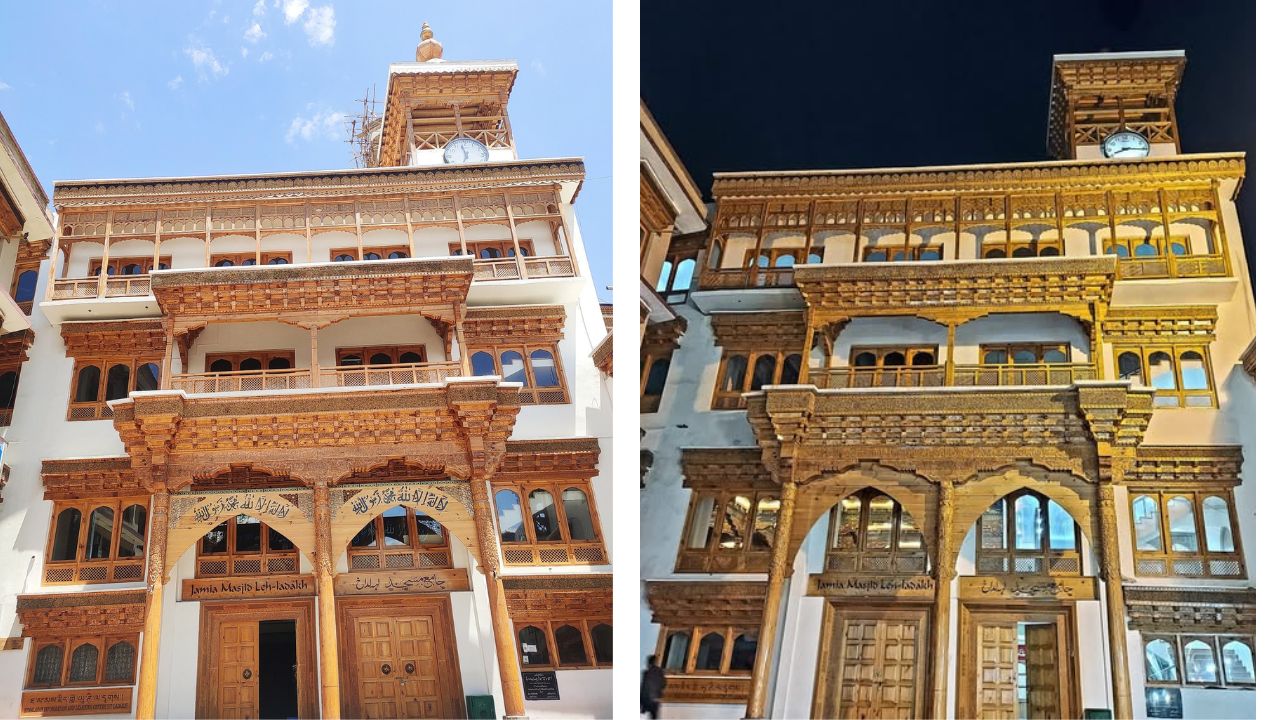Maharaja Hari Singh, the last ruling monarch of the princely state of Jammu and Kashmir, was born on September 23, 1895, in Amar Mahal, Jammu. He was the son of Raja Amar Singh, the younger brother of Maharaja Pratap Singh. His ascension to the throne came in 1925 after the death of Maharaja Pratap Singh, marking a significant chapter in the history of British India.
Hari Singh’s reign coincided with a period of immense political, social, and economic upheaval. However, he remained a visionary ruler dedicated to reforming and modernizing his kingdom. His coronation speech set the tone for his rule: “All communities, religions, and races are equal. My religion is justice.” This commitment to equality became a guiding principle throughout his reign.
Maharaja Hari Singh’s full name with all the epithets was Lieutenant-General His Highness Shriman Rajrajeshwar Maharajadhiraj Sri Sir Hari Singh Indar Mahindar Bahadur, Sipar-i-Sultanat, Maharaja of Jammu and Kashmir, GCSI, GCIE, GCVO.
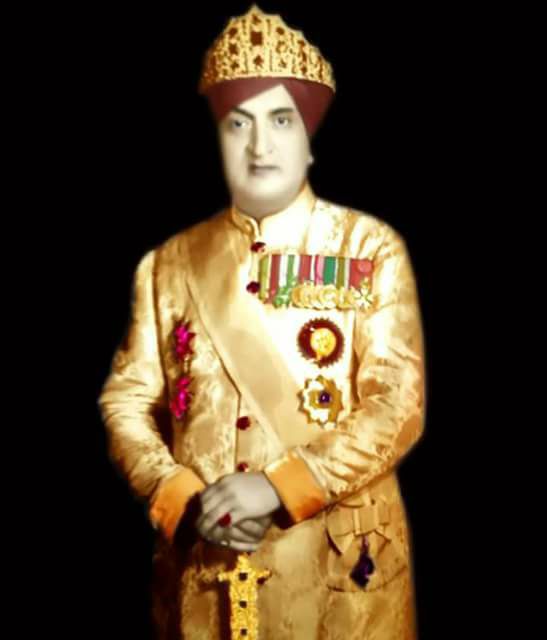
A Visionary Dogra Ruler of Jammu and Kashmir
Maharaja Hari Singh ruled one of the most strategically significant and largest princely states in British India. His reign, which lasted until November 15, 1952, earned him the title of the “Last Ruling King of Independent India.” While most other princely states merged with India by 1948, Maharaja Hari Singh continued to hold the title of Maharaja until 1952, keeping Jammu and Kashmir in the spotlight for various political and historical reasons.
Early Life and Education
Maharaja Hari Singh’s upbringing was marked by elite education and military training. In 1908, at the age of 13, he was sent to Mayo College in Ajmer for his formal education. Later, he joined the Imperial Cadet Corps in Dehradun for advanced training in military strategy and arms. By 1915, upon completing his training, Maharaja Pratap Singh appointed him as the Commander-in-Chief of the State Forces at the age of just 20, demonstrating his leadership potential early in life.
Ascension to the Throne and Coronation Speech
After the death of Maharaja Pratap Singh in 1925, Maharaja Hari Singh was coronated on February 25, 1926. His coronation speech reflected his secular and just ideology, which would define his reign. He said, “For me, all communities, religions, and races are equal. My religion is justice.” This speech illustrated his commitment to equality and fairness, principles that he strived to uphold throughout his rule.
Reforms and Contributions to Society
Maharaja Hari Singh was a progressive leader, committed to modernizing Jammu and Kashmir while preserving its rich cultural heritage. His reign saw several landmark reforms:
- Compulsory Primary Education: He was a pioneer in education, making primary education mandatory, a move that significantly boosted literacy rates in the state.
- Prohibition of Child Marriage: He introduced laws against child marriage, promoting social welfare and protecting the rights of women and children.
- Opening Places of Worship: Demonstrating his commitment to social equality, he opened religious places for lower castes, an unprecedented step at the time.
These reforms, aimed at improving the socio-economic fabric of Jammu and Kashmir, have left a lasting impact on the region.
Read also: Things to know About Maharaja Gulab Singh
Maharaja Hari Singh’s Role in the Political Landscape
The Dogra Dynasty, which ruled Jammu and Kashmir, was founded by Maharaja Gulab Singh in 1846 after the signing of the Treaty of Amritsar. Maharaja Hari Singh was the fourth and last ruler of this dynasty. His reign coincided with one of the most turbulent periods in Indian history—India’s struggle for independence and the partition of the subcontinent in 1947.
When the newly independent states of India and Pakistan were formed, Jammu and Kashmir became a focal point of political tension. In October 1947, the state was invaded by tribal forces supported by Pakistan. Maharaja Hari Singh sought military assistance from India and subsequently signed the Instrument of Accession, aligning Jammu and Kashmir with India.
The Later Years and Forced Exile
Despite his efforts to secure the future of Jammu and Kashmir, Maharaja Hari Singh faced intense political pressure both from the Indian government and local leaders. His hopes for peace and prosperity were overshadowed by the complex political dynamics of the time. Eventually, he was forced into exile, spending his remaining years in Bombay (Mumbai).
The Legacy of Maharaja Hari Singh
Maharaja Hari Singh’s reign is remembered for his progressive reforms and dedication to justice. His contributions to education, social reforms, and modernization helped shape the future of Jammu and Kashmir. However, his legacy has not been fully acknowledged by successive governments, particularly those with Kashmir-centric political agendas.
Despite the political turmoil that marked his later years, Maharaja Hari Singh’s vision for a more equitable society remains an enduring legacy. His ashes were spread across Jammu and Kashmir and immersed in the Tawi River, as per his last wish, symbolizing his eternal connection to the land he loved and ruled.
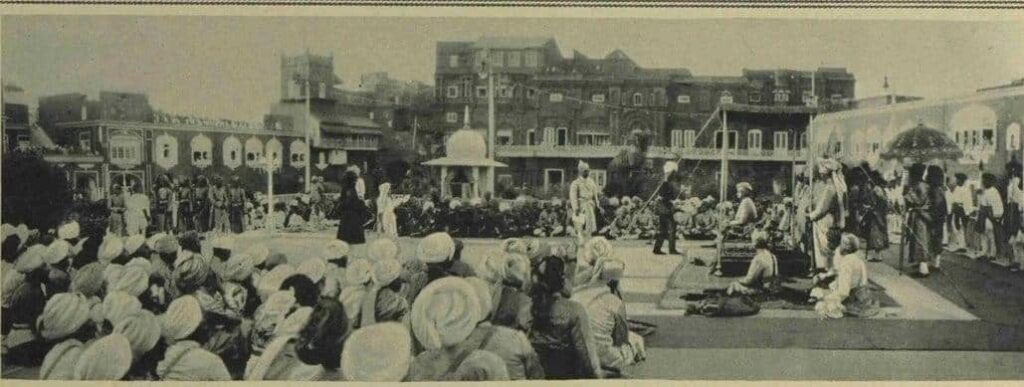
JK Govt notifies holiday on Maharaja Hari Singh’s birthday
The people of Jammu have long demanded that his birth anniversary be declared a state-wide holiday in recognition of his contributions. In accordence to this in year 2022, Jammu and Kashmir Government declared the birthday of Maharaja Hari Singh, which falls on September 23, as an annual holiday in the union territory. “To commemorate the birth anniversary of Maharaja Hari Singh ji, 23rd of September every year shall be observed as a holiday in government offices and educational institutions across the union territory of Jammu and Kashmir under the Negotiable Instruments Act 1881,” a notification issued by General Administration Department (GAD) .
Maharaja Hari Singh’s life was a blend of royal privilege, visionary leadership, and a commitment to justice and equality. His reign, which spanned critical decades in India’s history, saw the modernization of Jammu and Kashmir and numerous reforms that benefited its people. Even after his forced exile Maharaja Hari Singh passed away on April 26, 1961, in Bombay. It was a poignant end for a ruler who had devoted much of his life to the betterment of Jammu and Kashmir, his legacy as the last Maharaja of Jammu and Kashmir continues to resonate, especially among those who recognize his contributions to the state’s cultural and social fabric.

